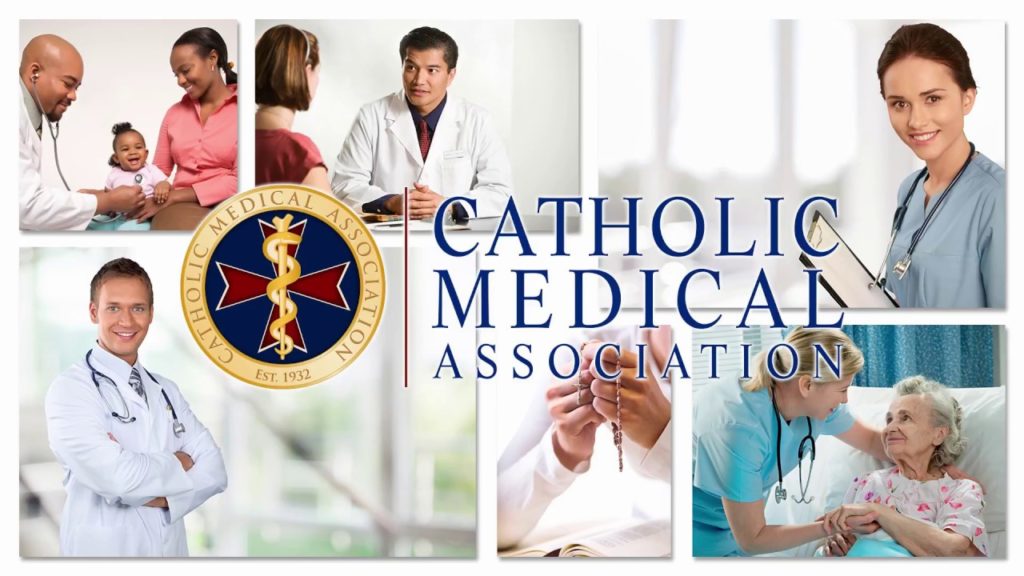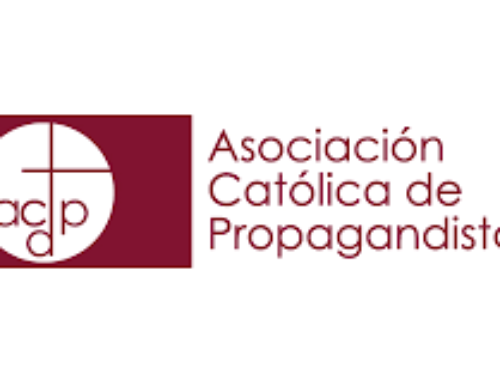September 21, 2020
Philadelphia, PA- September 21, 2020-
Together with The National Catholic Bioethics Center, the Catholic Medical Association (USA) issued public comments on the importance of ethical COVID- 19 immunization practices.

The comments, meant for the September 22 meeting of the Advisory Committee on Immunization Practices of the Centers for Disease Control and Prevention (CDC), and Department of Health and Human Services (HHS), detail the need for ethics to be maintained in the development of a COVID-19 vaccine.
“We support and encourage the rapid development of an effective, safe, and widely available vaccine to combat COVID-19. Safe and effective immunizations following appropriate ethical guidelines are an important part of sound health care and, in the context of a pandemic, can serve the common good in an even more critical way. However, even a pandemic does not justify forgetting or violating the fundamental moral principles that guide ethical action: human life is sacred and should never be exploited,” explains CMA and NCBC.
Several ethical concerns are detailed in the public comments regarding the development of COVID-19 immunization policies. These include:
- Development using non abortion-derived cell lines
- Informed consent, safety, and efficacy
- Government mandates
- Exemptions for immunization requirements
- Allocation of immunizations with initial limited availability
To protect all members of society and achieve compliance “requires that the vaccine be morally acceptable.”
“From a Catholic understanding of the common good, vaccines should be developed following ethical standards that never compromise the dignity of life, are distributed in a just manner, and are not coercively disseminated. Under such standards, the vast majority of the population can participate in an immunization program to protect public health and exemplify the inviolable connection between sound science and universal morality,” said Dr. Greg Burke, Co-Chair of CMA’s Ethics Committee.
We are hopeful the Advisory Committee will recognize this important ethical perspective.F










